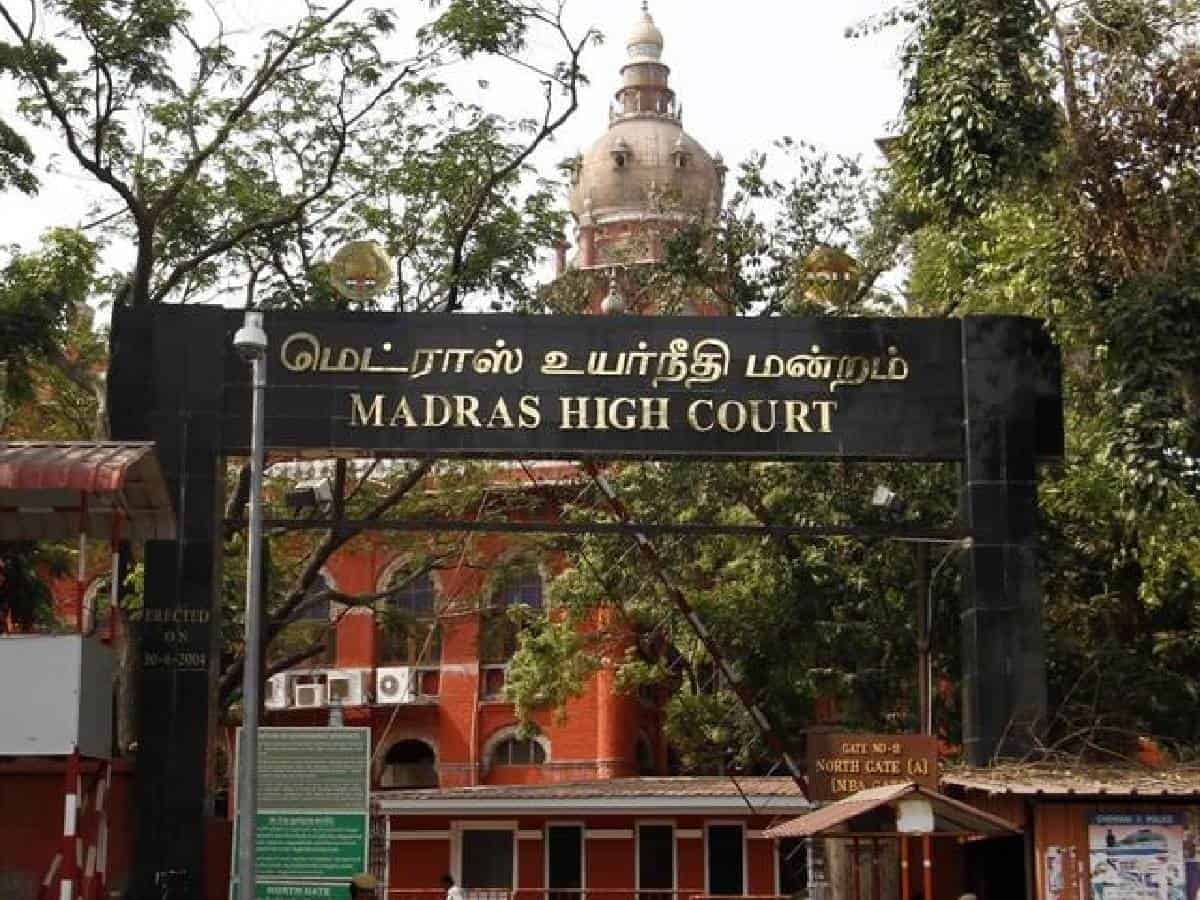
A petition, that could question the authenticity of the Economically Weaker Section (EWS) 10 percent reservation, was filed at the Madurai Bench of the Madras High Court challenging the Supreme Court’s latest upholding of the validity of the 103rd Constitutional Amendment.
The petition, filed by Kunnur Srinivasan, an agriculturist and member of the Asset Protection Council (DMK party), stated if anyone whose annual base income is less than Rs 2.5 lakh is exempted from income tax, how will the new SC order on EWS work as both are contradicting each other, reported Live Law.
On November 7, the Supreme Court upheld the validity of the 103rd Constitution amendment providing 10 percent reservation to EWS who sought admission to higher educational institutions and government jobs.
The reservation does not include those under the Other Backward Class (OBCs), Scheduled Castes (SCs) and Scheduled Tribes (STs).
This means it applies mainly to the upper caste or loosely said, the general category, who are ‘financially weak’. It further said that those whose annual income is less than Rs 8 lakhs/ per annum (Rs 66,666.58/ per month roughly) are eligible to apply.
According to the petitioner, if the Union Government has decided to name a particular group of people under EWS, then they should be barred from collecting income tax.
“If families earning less than Rs 8 lakhs per annum comes under EWS, then why should families earning more than Rs 2.50 lakh per annum pay income tax?” the petitioner asked.
By doing this, the EWS reservation destroys the purpose of Articles 15 and 16 of the Indian Constitution.
Article 15 of the Indian Constitution forbids discrimination on grounds only of religion, race, caste, sex, or place of birth. It applies Article 14’s general principle of equality in specific situations by forbidding classifications on protected grounds. Article 16 guarantees equality of opportunity when it comes to public employment and no discrimination on grounds of religion, race, caste, sex or place of birth.
“By the impugned First Schedule, Part-1, paragraph A of the Finance Act,2022, the respondents are permitted to collect income tax from an individual having income among Rs2,50,000/-per annum and it would lead to maintaining economic inequality among the citizen, because a section of people having income below Rs 7,99,999/- per annum, or eligible to get EWS 10% quota, but the others are not eligible to get the quota on the basis of income criteria. Hence, it is clear violation of a citizen’s fundamental rights,” the petition stated.
The bench, headed by Justices R Mahadevan and Sathya Narayan Prasad, ordered notices to the Union ministries of Law and Justice, Finance Personnel, Public Grievances and Pension and adjourned the matter by four weeks.



